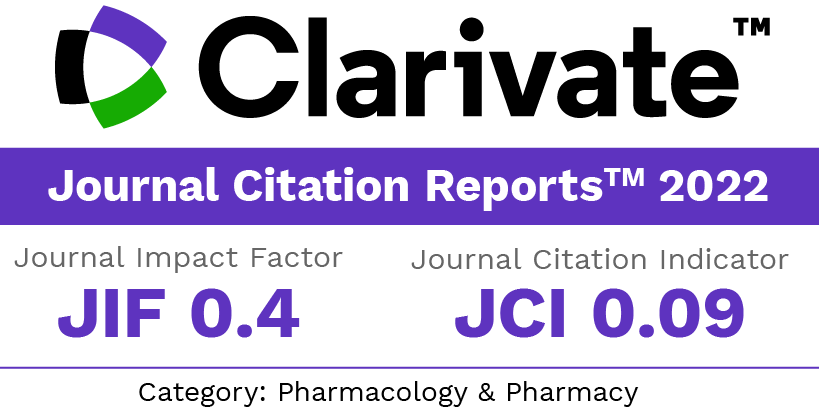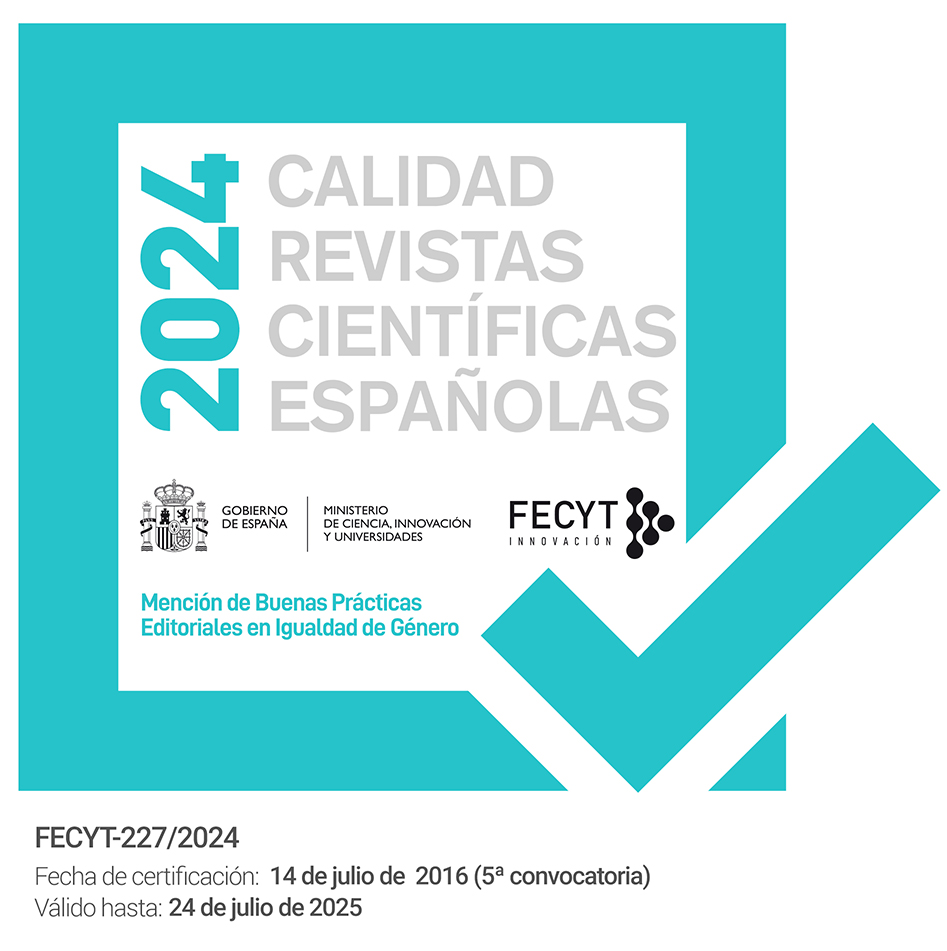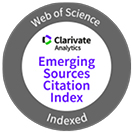Gradual development of cross-curricular competencies in the pharmacy degree. Methodologies and tools of evaluation for the "professional trainee"
Keywords:
Cross-curricular Competencies, Evaluation Tools, MethodologiesAbstract
Aim: To set different levels of acquisition of some cross-curricular competencies in the Pharmacy Degree and to design and implement methodologies and tools to allow their development and evaluation along the whole curriculum.
Matherial and Method: Different active methodologies have been used, and tasks and evaluation rubrics have been prepared to be applied in the different levels defined for the cross-curricular competencies selected: written communication skills, information seeking, and teamwork. Similarly, a student satisfaction survey has been designed in order to evaluate the implementation of the experience.
Results: The results obtained in the core subjects of the 1st and 2nd year of the Pharmacy Degree (Physical Chemistry, Immunology and General Microbiology and Parasitology) for the competences of written communication skills, teamwork and information seeking, in levels 1 and 2, have been very successful in terms of the acquisition of competences and in the suitability of the different tasks and evaluation tools proposed.
Conclusions: The tools designed to evaluate these cross-curricular competencies can be adapted to any subject and knowledge field, in addition, they allow the student to be aware of the criteria used for his evaluation. The present work has strengthened the formation and development of teaching groups and has eased the coordination among the different subjects of the Pharmacy Degree.
Downloads
References
Hernanz ML, Rosselló G, Canela E et al. Marc general per a la
integració europea. Barcelona: Agència per a la Qualitat del Sistema Universitari de Catalunya. 2004.
Ayala-Valenzuela R, Torres-Andrade MC. Didáctica de la
enseñanza: Prácticas ejemplares en el sector de salud. Educ Med Super. 2007; 21 (2).
Arráez-Aybar LA, Millán Núñez-Cortés J, Carabantes-Alarcón D et al. Adquisición de competencias transversales en alumnos de pregrado de Ciencias de la Salud en la Universidad Complutense: una experiencia positiva. Educ Med. 2008; 11 (3): 169-177.
Allen, D. La evaluación de los aprendizajes de los estudiantes.
Una herramienta para el desarrollo profesional de los docentes.
Barcelona: Paidós; 2000
McDonald R, Boud D, Francis J, Gonczi A. Nuevas perspectivas
sobre la evaluación. Boletín Cinterfor. 2000; 149: 41-72.
Stephen R, Smith R, et al. Assessing Students’ Performances in a Competency based Curriculum. Academic Medicine. 2003; 78(1): 97-107.
Scallon G. L´évaluation des apprentissages dans une approche par compétences. Québec: Ed. Du Renouveau Pédagogique; 2004.
Gerard FM. L’évaluation des compétences à travers des situations complexes. Actes du Colloque de l’Admee-Europe IUFM Champagne-Ardenne. Reims, 24-26 octobre 2005.
Segers M, Dochy F. New assessment forms in problem-based
learning: the value-added of the students’ perspective. Studies in higher education. 2001; 26: 327-339.
Gerard FM, Bief. Évaluer des compétences. Guide pratique. Bruxelles: De Boeck. 2008.
De Miguel M et. al. Metodologías de enseñanza y aprendizaje para el desarrollo de competencias. Orientaciones para el profesorado universitario ante el Espacio Europeo de Educación Superior. Alianza. Editorial. Madrid. 2006.
Cano García ME. La evaluación por competencias en la educación superior. Profesorado. Revista de currículum y formación del profesorado [edición online] 2008;12(3). Accesible en URL: http://www.ugr.es/local/recfpro/rev123COL1.pdf. Consultada el 9 de junio de 2014
Boekaerts M, Pintrich P, Zeidner M. (Eds.). Handbook of self –regulation. Nueva York: Academic Press; 2000.
Gatica-Lara F, Uribarren-Berrueta T. ¿Cómo elaborar una rúbrica? Investigación en Educación Médica 2013; 2(1):61-65.
Gil Flores J, Padilla Carmona MT. La participación del alumnado universitario en la evaluación del aprendizaje. Facultad de Educación UNED. Educación XXI 2009; 12: 43-65.
Raposo M, Martínez E. La Rúbrica en la Enseñanza Universitaria: Un Recurso Para la Tutoría de Grupos de Estudiantes. Formación Universitaria 2011; 4(4):19-28.
Downloads
Published
How to Cite
Issue
Section
License
The articles, which are published in this journal, are subject to the following terms in relation to the rights of patrimonial or exploitation:
- The authors will keep their copyright and guarantee to the journal the right of first publication of their work, which will be distributed with a Creative Commons BY-NC-SA 4.0 license that allows third parties to reuse the work whenever its author, quote the original source and do not make commercial use of it.
b. The authors may adopt other non-exclusive licensing agreements for the distribution of the published version of the work (e.g., deposit it in an institutional telematic file or publish it in a monographic volume) provided that the original source of its publication is indicated.
c. Authors are allowed and advised to disseminate their work through the Internet (e.g. in institutional repositories or on their website) before and during the submission process, which can produce interesting exchanges and increase citations of the published work. (See The effect of open access).


















